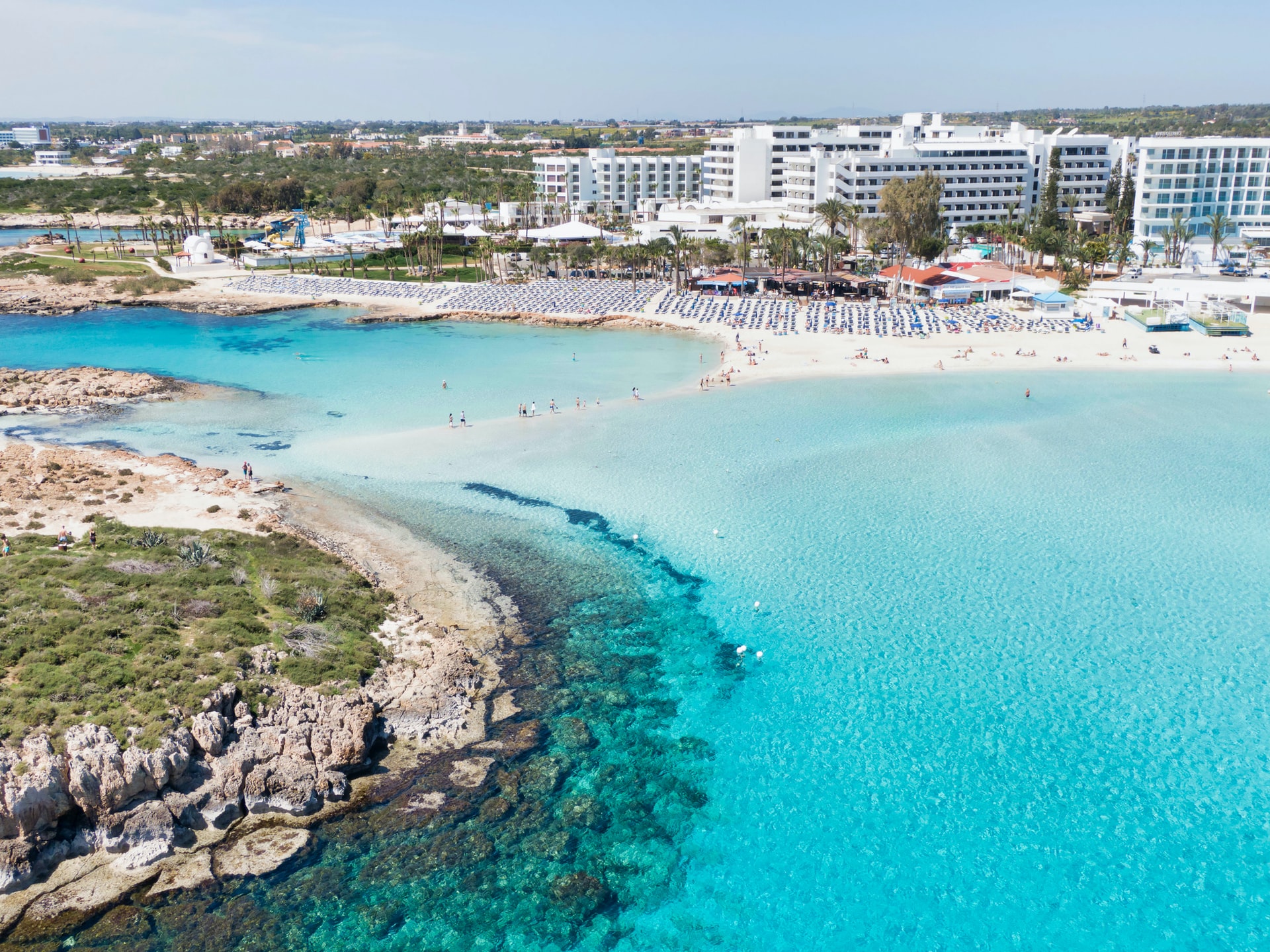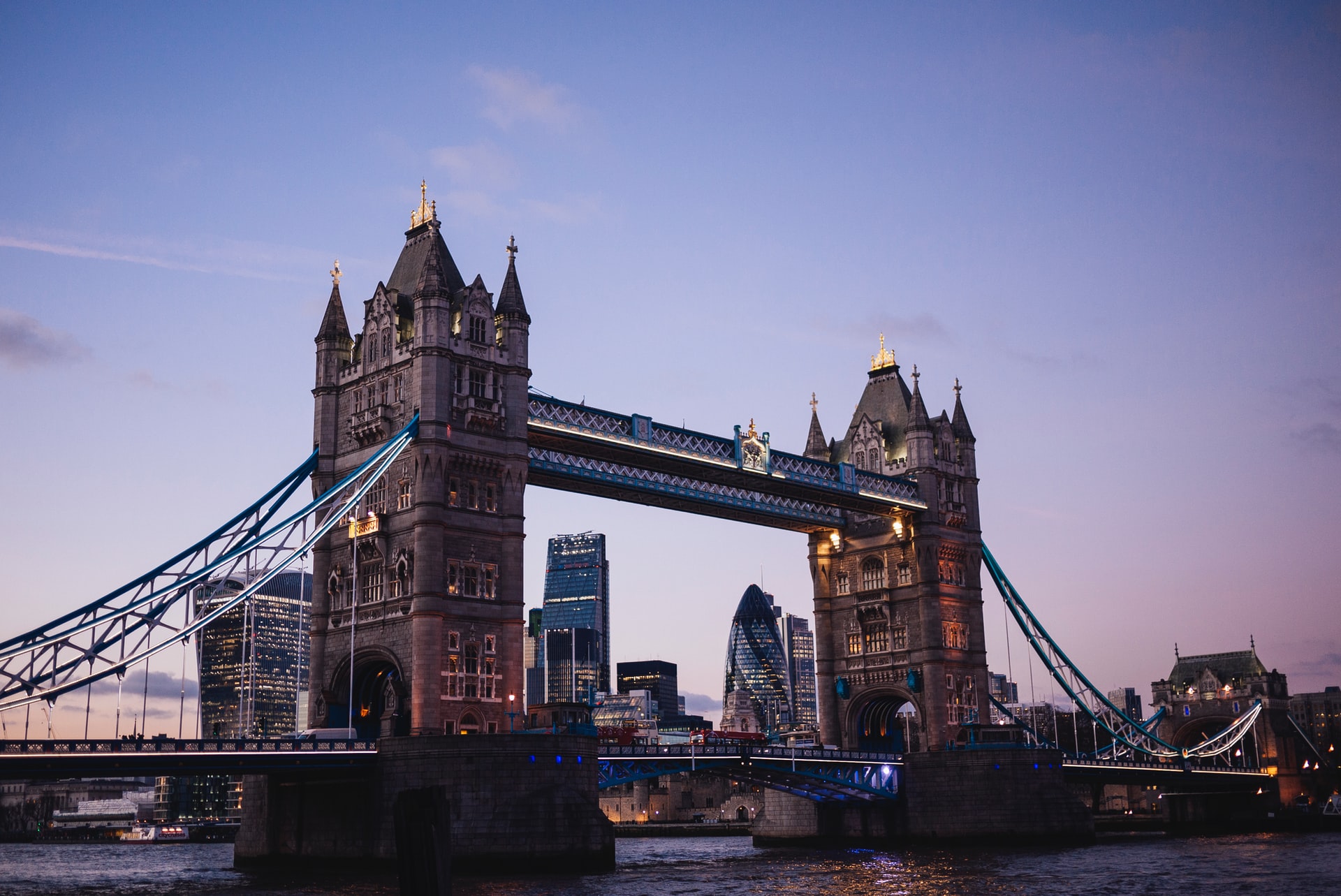Tourism Rebound: How Countries Are Attracting Travelers
June 9, 2021
Jeremy Wells
The COVID-19 pandemic has affected nearly every business, in every sector, all over the globe. Among them, the travel and tourism industry is clearly one of the hardest hit. Travel restrictions, canceled itineraries, and traveler hesitation to travel damaged the sector and significantly reducing revenues.
Several economies around the world depend largely on the tourism sector. In the post-Covid-19 period, countries are coming up with innovative means to attract tourists once again. Countries are benefitting from a revival in tourism, and the tourists are benefitting from a variety of new perks to travel – resulting in a win-win situation for everyone.
If you’re a travel fanatic on the hunt for countries that are offering special discounts and amenities to their tourists in 2021, you’ve come to the right place!
How The Covid-19 Pandemic Crippled The Tourism Sector
During the pandemic, the world witnessed a slew of travel restrictions. Many countries stopped international flights completely, while others closed their doors to certain nations. Travelers from countries that were miserably affected by the pandemic found it hard to travel to a lot of other countries. For the individuals who love to travel, this proved to be a huge problem.
In addition to the restrictions that various governments imposed, it was simply unsafe for tourists to travel during the pandemic. Traveling to a country where Covid-19 had grown strong roots would be risking one’s life. Public places that are crucial to travel, such as airports, became dangerous to visit.
Indeed, Covid-19 safety protocols were in place and countries were taking every possible measure to keep airports and other transit points safe. However, this does not eliminate the risk entirely.
The pandemic also brought forward various financial woes for the travelers. Traveling clearly became much more expensive than before. In most cases, public transport was not exactly a very safe option. This forced the travelers to arrange for private transport, such as hiring vehicles entirely for themselves. Even the small additional costs added up to make traveling too expensive. This deterred many tourists from traveling.
The impact of the travel restrictions went further than creating inconvenience for the tourists. The tourism sector as a whole suffered from it. With the number of tourists declining, hotels and other accommodations found it hard to thrive.
Many hotels closed as they could no longer afford to run without the availability of tourists. Similarly, other segments of the tourism sector ran into a severe crisis. The flow of revenue for the tourism sector came down to a trickle. Quite essentially, countries that used to have a robust tourism sector found it necessary to revive it.
What Steps Have The Countries Taken?
In order to revive the tourism industry once again, countries have taken some interesting steps. While the measures vary from one country to another, the goal remains the same – to attract tourists once more. Here are some of the steps taken by different countries to revive tourism post-Covid-19:

1. Cyprus
Cyprus has been a popular tourism destination and a member of the World Tourism Organization for decades. With the tourism sector contributing towards more than 10% of the country’s GDP, it is evident that the nation depends largely on tourism.
In a bid to revive the sector, the Cyprus government came up with an interesting solution. In case if the Covid-19 virus infects any tourist while visiting Cyprus, the government would ensure that they receive free medication, accommodation, food, etc.
The Cypriot government wrote in a letter to its tourism partners that stated, “This will not only ensure that they are properly taken care of, but it will also provide peace of mind to other travelers, that their accommodation is free of Covid-19.”

2. Italy
Italy holds the fifth rank in the list of most-visited countries worldwide. In 2019, the country attracted more than 94 million tourists. From culture and cuisine to mountains and beaches, there are plenty of attractions that make Italy one of the top tourist destinations. The tourism industry generates 13% of the country’s GDP and employs 14% of the workforce. This should give a hint of how crucial tourism is for Italy.
Sicily happens to be a top beach destination in Italy and attracts a bulk of the tourists visiting this country. Tourists would now enjoy several incentives while visiting Sicily. The government would reimburse half of their airfare. Tourists may also receive free accommodations for a night and visit certain destinations for free.

3. Mexico
Mexico is yet another popular tourist destination, with more than 41 million people visiting this country in 2018. In the same year, the tourism sector contributed 8.7% of the GDP of Mexico. The country comes with a wide range of landscape features and recreational destinations. Among the beach destinations in Mexico, Cancun deserves special mention.
The hotel zone in Cancun comes with a large number of resorts, hotels, and fancy properties. In order to rejuvenate the revenues for these fancy properties, the government has come up with a special offer. Known as “Come to Cancun 2X1”, this deal offers tourists free accommodation for a night in one of their properties if they initially book it for two nights. They may also be eligible for special deals on the airfare depending on the airlines they’re traveling with.

4. The United Kingdom
The United Kingdom is the tenth most favorite destination for tourists worldwide. In 2018, more than 37 million people visited the UK. The United Kingdom is home to 25 of the World Heritage sites that UNESCO has recognized. In 2017, the tourism industry had earned £213 billion for the GDP of the country.
The United Kingdom also happens to be one of the hardest-hit countries during the Covid-19 pandemic. Intending to revive the tourism sector in these tough times, the UK has come up with an innovative approach. The country would be setting aside a fund as an incentive for tourists. They would use this fund to sponsor some lucky tourists who choose to fly to the UK.

5. Bulgaria
Among the most prolific beach destinations in the world, Bulgaria holds an important spot. Bulgaria is also rich in other attractions, such as architecture, monuments, and their culture. The dependence of the Bulgarian economy on the tourism sector is evident from the share of the tourism sector in the country’s GDP. In 2014, Bulgaria earned 15% of its GDP from the tourism industry alone.
In the face of the problems that the sector is having to deal with, the government has come up with special deals for the tourists. Several of the beaches in Bulgaria used to be private and tourists had to pay to enter them. Now, however, tourists can visit some of these beaches for free and even enjoy various free amenities.

6. Japan
The World Economic Forum publishes a travel and tourism competitiveness report every two years. In 2017, Japan bagged the fourth rank in this report. The country happens to be one of the leading tourist destinations in both Asia and the world. In 2017, Japan attracted more than 31 million international visitors. As of 2013, the tourism sector employed 6.7% of the workforce in Japan.
However, the tourism industry in Japan suffered significantly due to the coronavirus pandemic. To attract tourists once again, the Japanese government has decided to invest $12.5 billion into the sector. They would use this money to subsidize the travel expenses for the international tourists. The program offers various discounts and vouchers on travel expenses. To receive these benefits, tourists must make their bookings through Japanese travel agencies. They may also contact the Ryokan inns and hotels directly.

7. Egypt
Egypt is yet another country that depends largely on the tourism sector for revenues, especially foreign currency. The tourism industry here was particularly booming in 2010, with the industry generating more than 11% of the country’s GDP. Egypt took up new fiscal policies and other monetary measures to help the tourism industry recover.
With the tourism establishments here at great risk due to the pandemic, the authorities are granting low-interest funds. The cafeterias and bazaars near the archeological sites are exempt from rent. These measures are expected to help the tourism sector thrive and attract international visitors.
Other Countries
Besides the countries mentioned above, several other nations have taken measures to revive tourism as well.
- Norway, for instance, had a VAT of 12% on accommodation, passenger transport, attractions, and cultural events. They’ve reduced this to 8% during these turbulent times.
- Turkey reduced their VAT on domestic airline flights from 18% to just 1%.
- Ecuador has allowed a VAT payment deferral of six months.
- The Republic of Moldova announced a 15% to 20% reduction of VAT on restaurants and hotels.
- Belgium, Iceland, Uzbekistan, Turkey, and Cameroon have suspended all the accommodation fees and city tourism taxes.
Whether these measures adopted by different countries are likely to pay off or not, we have yet to see. However, with several countries successfully taming the pandemic and bringing the situation under control, and travel restrictions easing around the globe, tourism interest is certainly going to ramp up once again.
Such incentives during these times will significantly boost tourism and travel interest from a consumer perspective. Although it may take longer for some countries to recover, the tourism sector will eventually thrive again and will always play an important role in the global economy.
Jeremy Wells
Partner at Longitude°
Jeremy is the author of Future Hospitality and Brand Strategist at Longitude°. As a member of the Education Committee for The Boutique & Lifestyle Leaders Association (BLLA) and a content contributor to Cornell University’s Hospitality Vision and Concept Design graduate program, he is a committed thought leader in hotel branding, concepting, and experience strategy.


